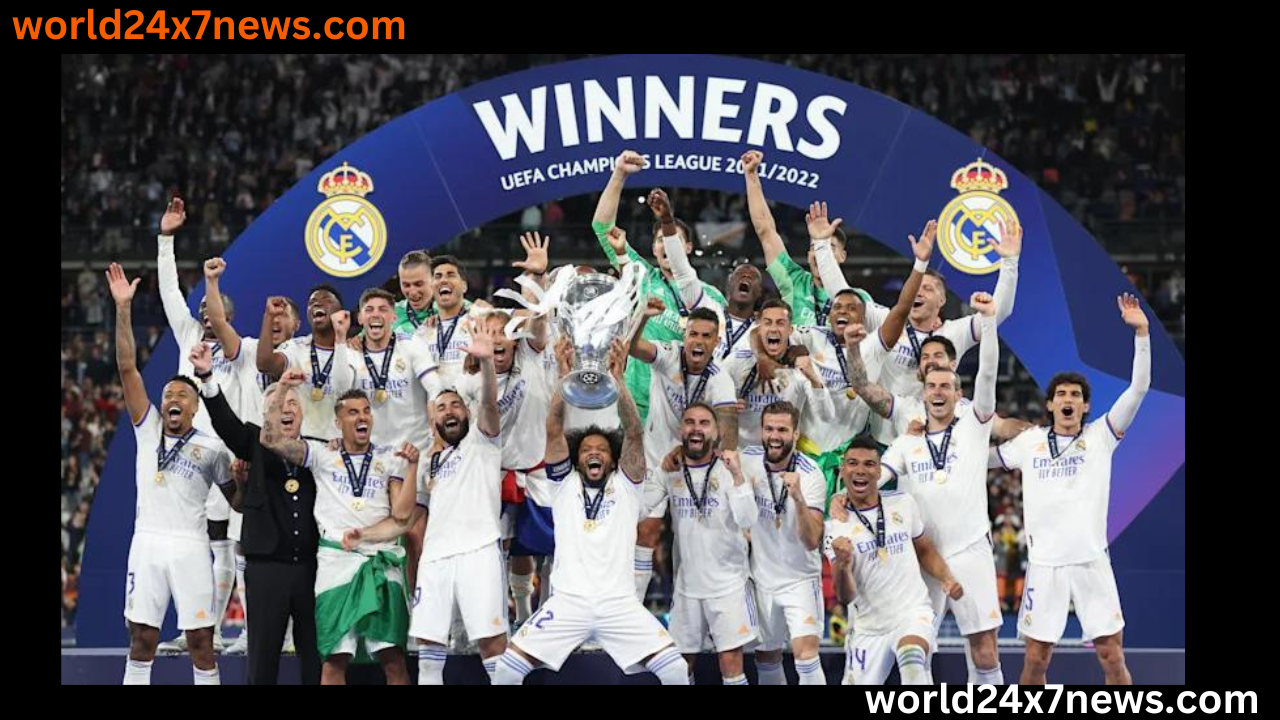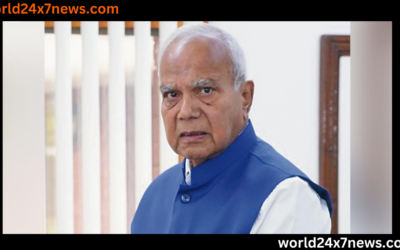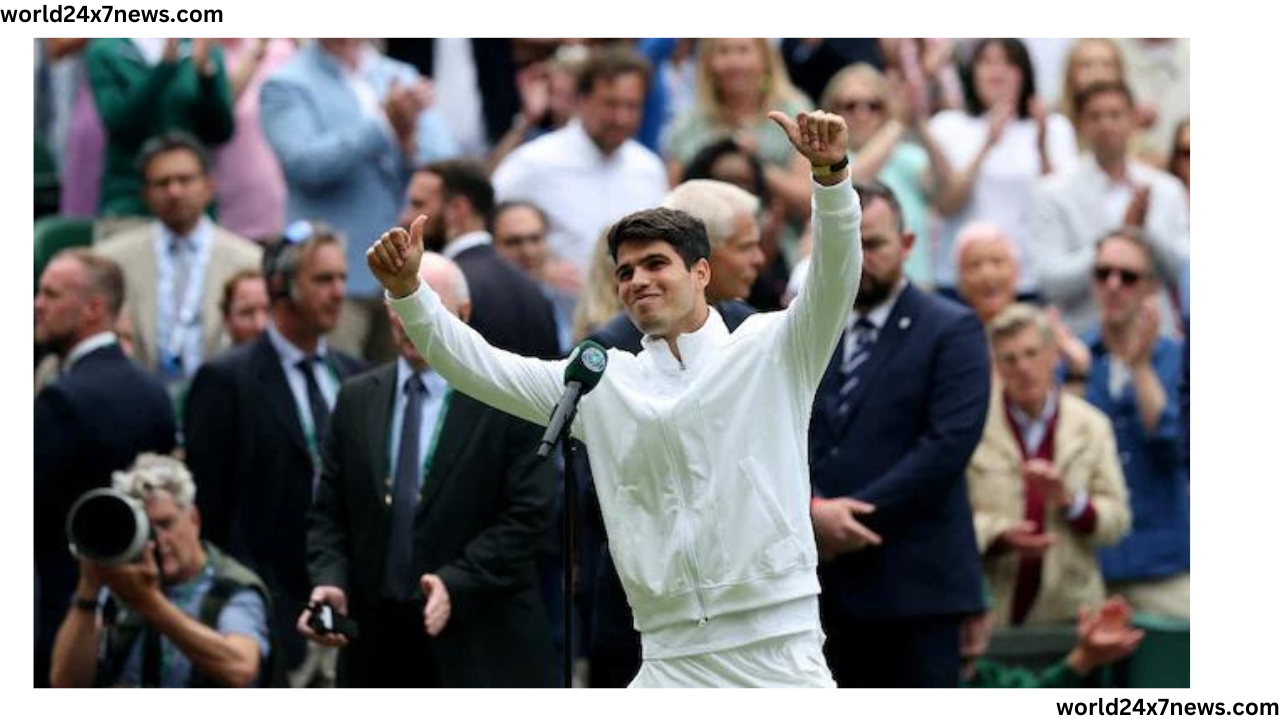The Future of UEFA Champions League

UEFA Champions League
Football, or soccer as it’s known in some parts of the world, is a sport cherished by millions, and at its zenith is the UEFA Champions League. This prestigious tournament has captivated fans globally, pitting the finest football clubs against each other in a thrilling competition that spans months. Let’s delve into the ins and outs of this extraordinary tournament, exploring its history, impact, controversies, and future prospects.
Introduction to UEFA Champions League
The UEFA Champions League, formerly known as the European Cup, commenced in 1955. Its inception aimed to determine the best club team in Europe. Over time, it evolved into a pinnacle of football excellence, inviting the continent’s elite clubs to vie for the coveted trophy.
Format and Structure of the Tournament
The competition operates in stages: a group stage followed by a knockout phase leading to the grand finale. The group stage sees top clubs divided into groups, battling each other home and away, striving to advance to the knockout rounds.
Key Teams and Players
Esteemed clubs like Barcelona, Real Madrid, Bayern Munich, and Liverpool have left an indelible mark on the tournament. Legendary players such as Lionel Messi, Cristiano Ronaldo, and others have graced the pitch, showcasing unparalleled skill and brilliance.
Evolution and Growth of the Tournament
Throughout its history, the UEFA Champions League has undergone transformations, adapting its format to intensify competitiveness. Its global viewership has skyrocketed, drawing millions of fans, amplifying the tournament’s significance worldwide.
Memorable Moments and Upsets
From stunning comebacks to unexpected upsets, the tournament has witnessed exhilarating matches that etch themselves into football history. Iconic moments like Istanbul 2005 and the ‘Miracle of Camp Nou’ resonate in the minds of fans.
Financial and Commercial Aspects
Beyond the pitch, the tournament is a commercial behemoth, attracting sponsorships and generating substantial revenues. Its economic impact on clubs, cities, and the football industry at large is profound.
Impact on Football Culture
The UEFA Champions League’s influence transcends the sport, shaping the ethos of football clubs and nations. It fosters an unparalleled fervor among fans, uniting people globally under the banner of football.
Criticism and Controversies
Despite its grandeur, the tournament has not been immune to controversies, including debates over video assistant referee (VAR) decisions and financial regulations like the Financial Fair Play (FFP).
The Future of UEFA Champions League
As football evolves, discussions persist regarding potential modifications to the tournament format and its impact on the sport’s future. Balancing tradition with innovation remains pivotal for sustained growth.

Image By World24x7news.com
Conclusion
The UEFA Champions League stands as a testament to football’s unifying power, captivating audiences with thrilling matches, iconic moments, and global allure. Its legacy continues to flourish, shaping the sport’s landscape and mesmerizing fans worldwide.
FAQs
- Is the UEFA Champions League only for European clubs?
- The tournament primarily involves European clubs, but teams from other continents can qualify based on specific criteria.
- What is the prize for winning the UEFA Champions League?
- The winning team receives the UEFA Champions League trophy and a spot in the FIFA Club World Cup.
- How are clubs selected to participate in the tournament?
- Clubs qualify based on their domestic league performance and previous tournament achievements.
- How often does the tournament take place?
- The UEFA Champions Lague runs annually, starting with qualifiers in the summer and culminating in the final in late spring.
- Which club has won the most UEFA Champions Leagu titles?
- Real Madrid holds the record for the most titles, winning the tournament multiple times.















